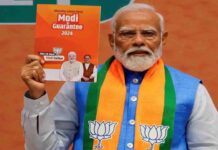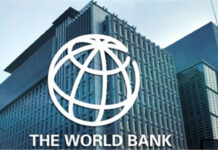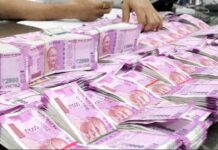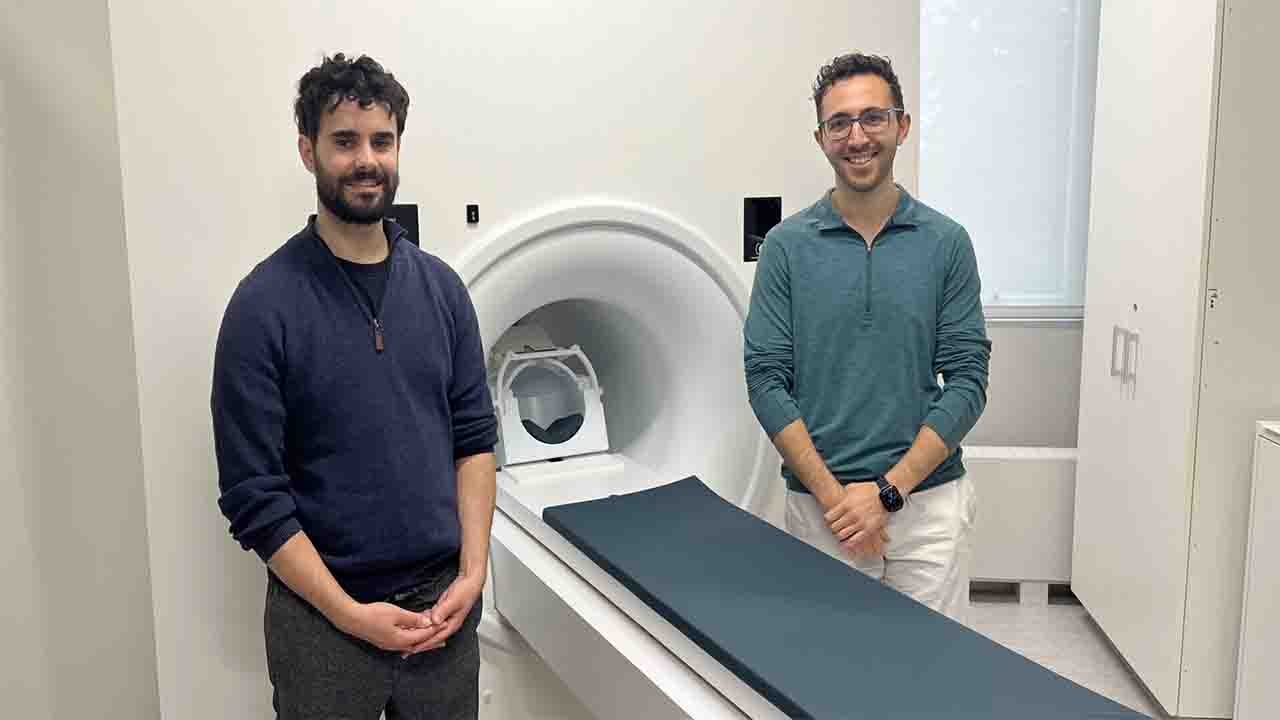Dhaka, Bangladesh (CU)_ Indigenous people, including Catholics, conducted protests throughout Bangladesh to seek constitutional recognition of their minority status and the promotion of human rights and land rights, as well as having education in their mother tongues. Protests were organized in thirteen districts, and a petition of sixteen demands addressed to the prime minister was presented to the local authorities. The Bangladesh Adivasi Parishad, a nationwide network of indigenous people, staged marches which were reportedly attended by 38 indigenous communities.
According to the International Work Group for Indigenous Affairs (IWGIA), an international human rights group, Bangladesh has over 54 indigenous tribal communities who speak a minimum of 35 languages in addition to the Bengali-speaking majority. According to IWGIA, “The government of Bangladesh does not recognize Indigenous Peoples as indigenous. However, the 2011 amendment of the Constitution mentioned some cultural aspects but issues related to the economic and political rights of the indigenous people, particularly their rights to land, continue to be ignored”.

However, indigenous activists recognized the dearth of educated and competent teachers in their native languages and the absence of educational facilities in their regions as the primary causes of their social and economic deprivation. Rabindranath Soren, president of the Parishad told the media, “We have conveyed to the prime minister our 16 demands, which include compensation and justice for indigenous people who committed suicide in March and those killed during the evictions in Gaibandha district in 2016”.
The two farmers from Santal tribal community, Abhinath Marandi and his cousin Rabi Marandi, from Nimghutu village in the Godagari sub-district, were reportedly poisoned on March 23. Sakhawat Hossian was detained by the police and was accused of assisting in the suicide. The bulk of the indigenous community reside in the flatland areas in the north and southeast, while the remainder lives in the hill tracts of Chittagong, where they are called as Jummas for their crop rotation farming, known locally as Jum.

According to Sujan Biswas, a Catholic member of the indigenous Malpaharia tribe from the Pabna area, they seldom received any government support since a large amount of the funds allotted for their community were diverted by important local figures. Biswas told the media, “We want to live with dignity. We want the government to grant us constitutional recognition and rights as equal citizens. We want to live together with everyone in the country”.
According to Father Liton Hubert Gomes, secretary of the Justice and Peace Commission of the Bangladesh Catholic Bishops’ Conference, “The minority indigenous people are an oppressed and a deprived lot”. He added, “On behalf of the Church, we demand the government to grant them rights as equal citizens”.
















